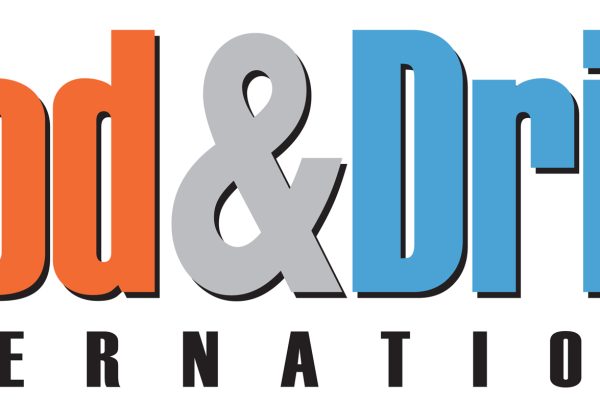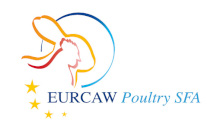Document type: scientific review published in Sustainability
Authors: Maria Papageorgiou, Michael Goliomytis, Ouranios Tzamaloukas, Despoina Miltiadou, Panagiotis Simitzis
Preview: Animal welfare is a key and distinct component of sustainable agriculture and food security. People, both as citizens and consumers, have become more concerned about the husbandry of livestock species. Positive welfare goes a step further than the common welfare approach, supporting that a good life for animals is not only the alleviation of negative aspects, but also the promotion of positive affectivities. So, a sustainable management system for any livestock species should promote positive aspects in the lives of animals. Poultry is one of the species whose welfare is most impaired, and numerous concerns are raised by society. For all the above, we reviewed the positive welfare indicators that have been studied in livestock poultry and that can be used to promote positive effects and assess welfare for the most common species, i.e., broilers, laying hens, turkeys, ducks, geese, quails and ostriches. We analyzed the results categorized by species, discussed the connection of the indicators with sustainable management, and made proposals for future studies. Exploration and dustbathing have been extensively studied and seem most promising, especially in broilers and laying hens, followed by nesting and perching, and swimming for waterfowl. Qualitative behavioral assessment (QBA) is already applied in protocols for broilers and laying hens, but the results are not as promising due to the homogeneity of the flock and the difficulty in observations. Play has been studied mostly in broilers but is a behavior difficult to recognize and needs further understanding. The results are limited for all species, except broilers and laying hens.




